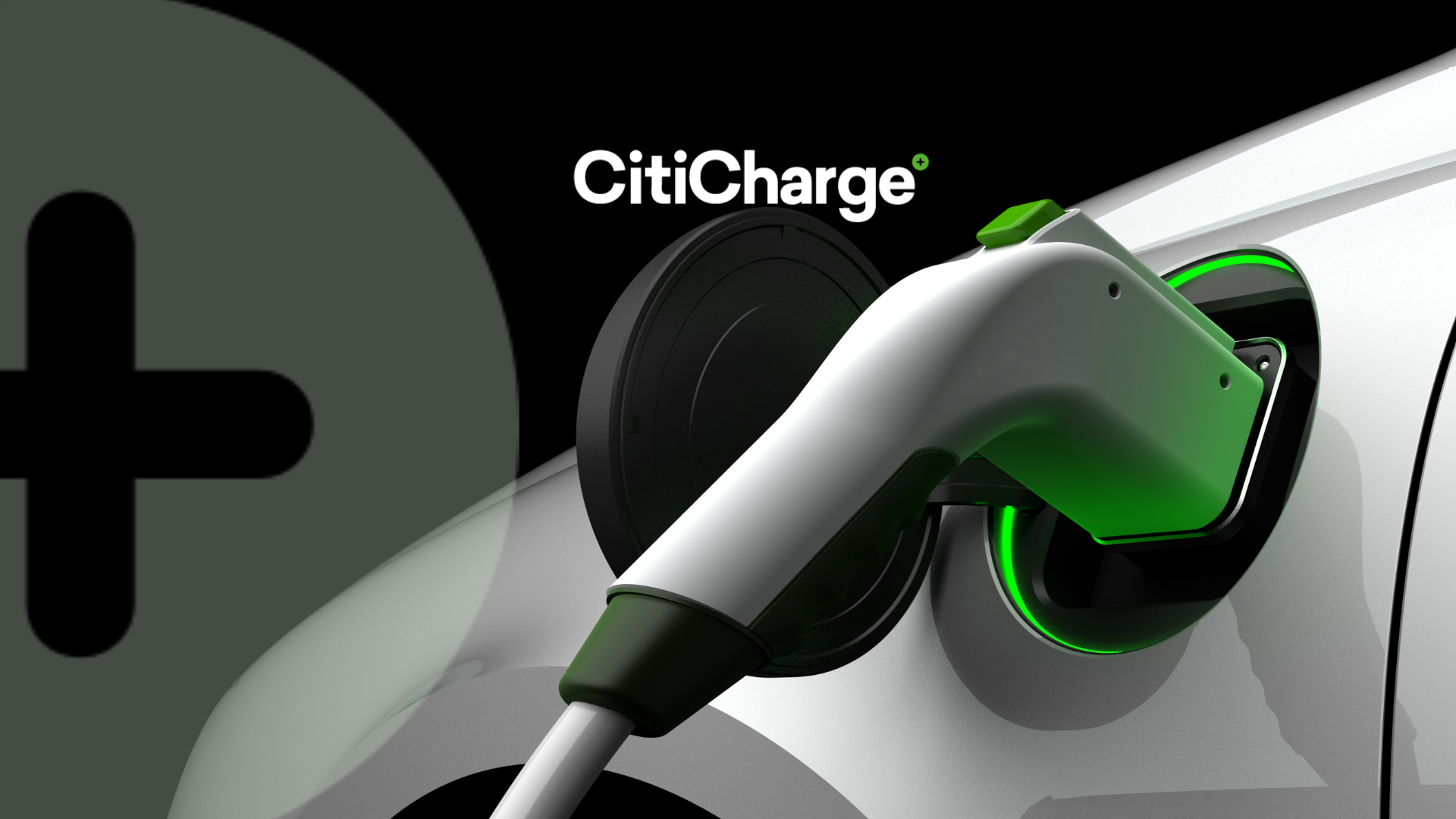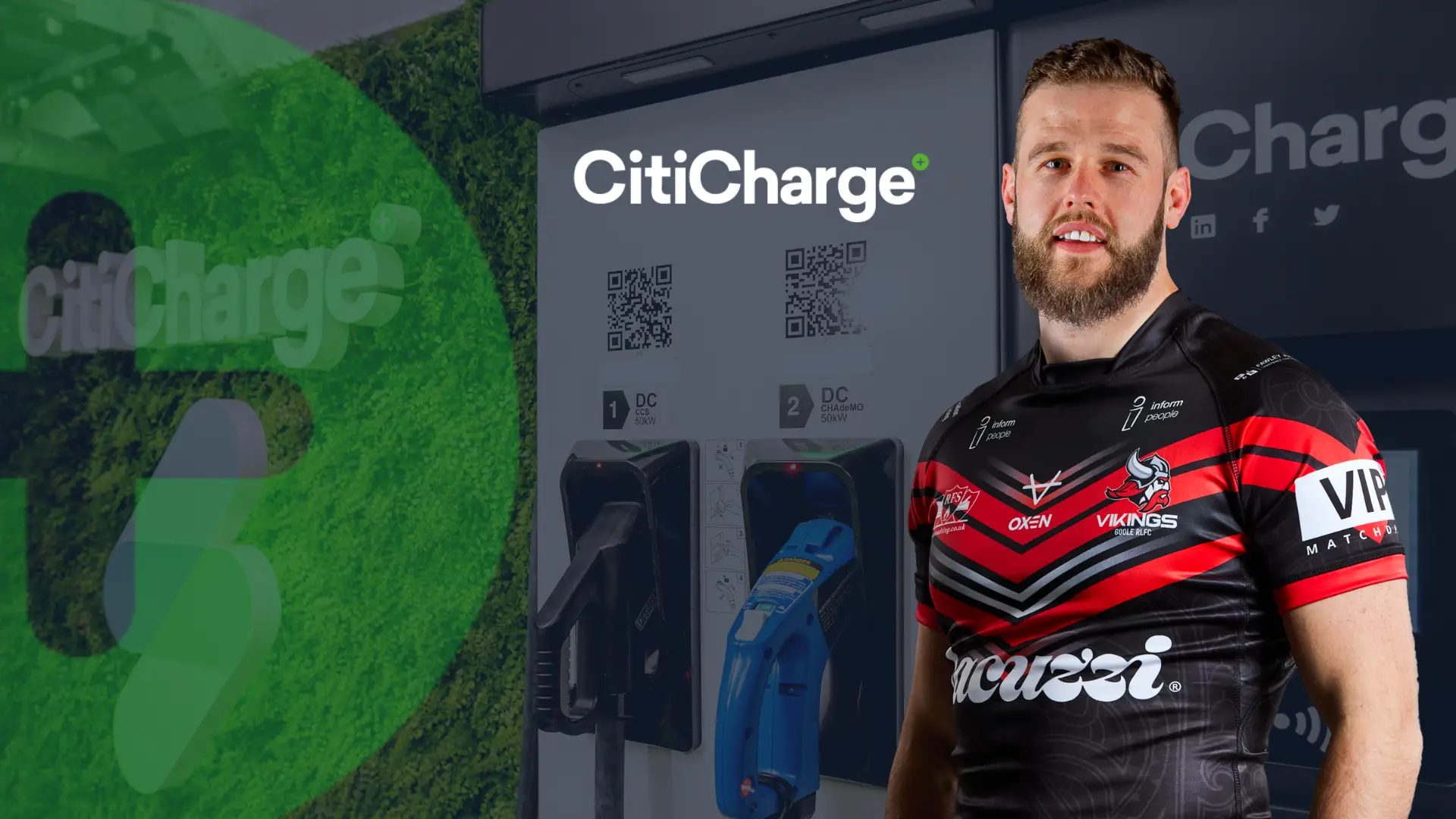Upcoming UK Tax Changes for EV Drivers
Why Driving Electric is Still the Smart choice!
As the UK government prepares to implement new tax policies for electric vehicle (EV) owners, many may wonder whether EVs remain the best option. While changes are coming, EVs continue to offer significant financial and environmental benefits.
Here at CitiCharge, we believe that understanding these updates is essential for current and prospective EV drivers.
Understanding the Tax Changes
EV owners will start paying road tax in April 2025 because they lose their exemption from Vehicle Excise Duty (VED). The key changes include:
- Road Tax Introduction:
- Electric, zero or low emission cars registered on or after 1 April 2025: First-year VED rate of £10, followed by a standard annual rate of £195 from the second year onwards.
- Electric, zero or low emission cars registered between 1 April 2017 and 31 March 2025: Standard annual VED rate of £195.
- Electric, zero or low emission cars registered between 1 March 2001 and 31 March 2017: These vehicles will move to the first VED band with a charge, set at £20 annually.
- Company Car Tax Adjustments: Benefit-in-Kind (BiK) tax rates will gradually increase, though they will still remain considerably lower than those for petrol or diesel vehicles.
- Luxury Vehicle Supplement: EVs priced above £40,000 will be subject to an additional annual charge for five years.
Why EVs Are Still the Best Option
Electric vehicles maintain their position as the most economical and eco-friendly transportation option despite recent changes. Here’s why:
- Lower Running Costs
Even with the introduction of road tax, charging an EV remains significantly cheaper than refueling petrol or diesel vehicles—especially for those utilising off-peak or home charging solutions.. - Reduced Company Car Tax
Lower BiK tax rates continue to benefit company car drivers which makes electric vehicles a more desirable option for both businesses and employees. - Lower Maintenance Costs
EVs have fewer moving parts compared to traditional internal combustion engine vehicles, leading to lower long-term maintenance and repair costs. - Government Incentives & Local Benefits
Although tax exemptions are changing, various incentives remain, including grants for home charging installations, exemptions from clean air zone charges in certain cities, and workplace charging benefits. - Sustainability & Future-Proofing
With the UK moving towards a net-zero emissions future, EVs align with long-term sustainability goals. Manufacturers continue to innovate, expanding EV range and infrastructure, ensuring that switching to electric now keeps you ahead of future policy changes.
The Bottom Line
While tax adjustments are on the horizon, EVs still offer substantial savings through lower running costs, tax advantages, and long-term financial benefits. As charging networks expand and electricity prices stabilse, the overall savings continue to grow.
Now is still the ideal time to transition to electric. Whether you’re considering your first EV or already own one, the benefits far outweigh the costs. The road to net zero is well underway, and EVs remain the smart, cost-effective, and sustainable choice for drivers across the UK.
Stay informed with CitiCharge and keep driving electric!



